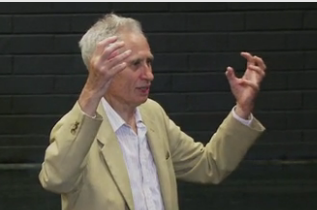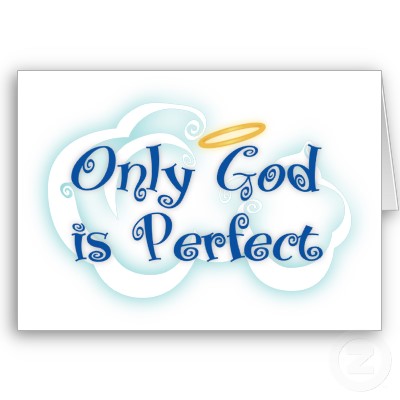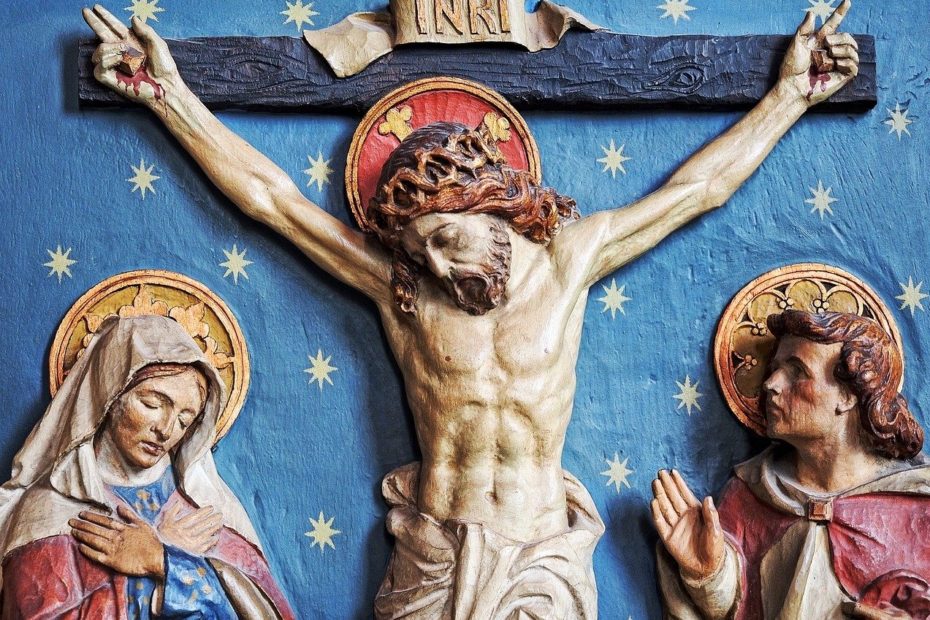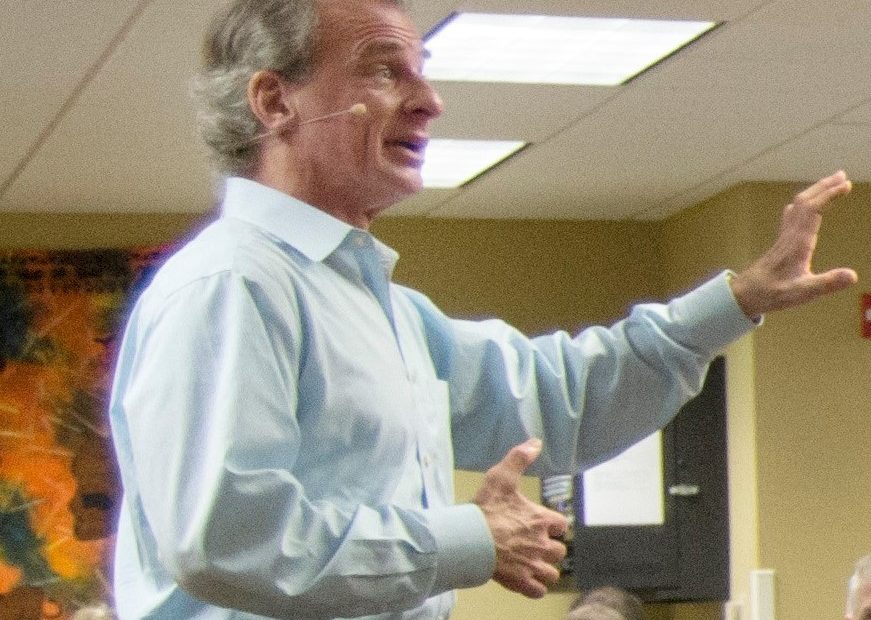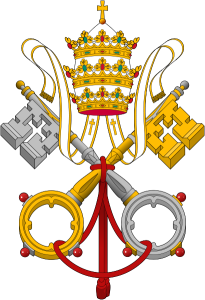
First, a few clarifications. By “modalist” I do not mean “Sabellian” or “monarchian.” (Those ancient catholics probably did hold to various forms of modalism, but the term is not a historical one, and can refer to other views which probably no ancient person held.) Nor do I mean modalism by definition to be heretical relative to orthodox/catholic creeds. What I mean is that at least one of these – Father, Son, Spirit – is a mode of the one God, in some sense a way that God is. That last phrase is deliberately ambiguous.
In his recent Christmas sermon the Pope said:
In all three Christmas Masses, the liturgy quotes a passage from the Prophet Isaiah, which describes the epiphany that took place at Christmas in greater detail: “A child is born for us, a son given to us and dominion is laid on his shoulders; and this is the name they give him: Wonder-Counsellor, Mighty-God, Eternal-Father, Prince-of-Peace. Wide is his dominion in a peace that has no end” (Is 9:5f.). … A child, in all its weakness, is Mighty God. A child, in all its neediness and dependence, is Eternal Father. …
God has appeared – as a child. It is in this guise that he pits himself against all violence and brings a message that is peace. (emphases and link added)
This last phrase, X has appeared as S, is ambiguous. It could mean Read More »Is the Pope a Modalist?

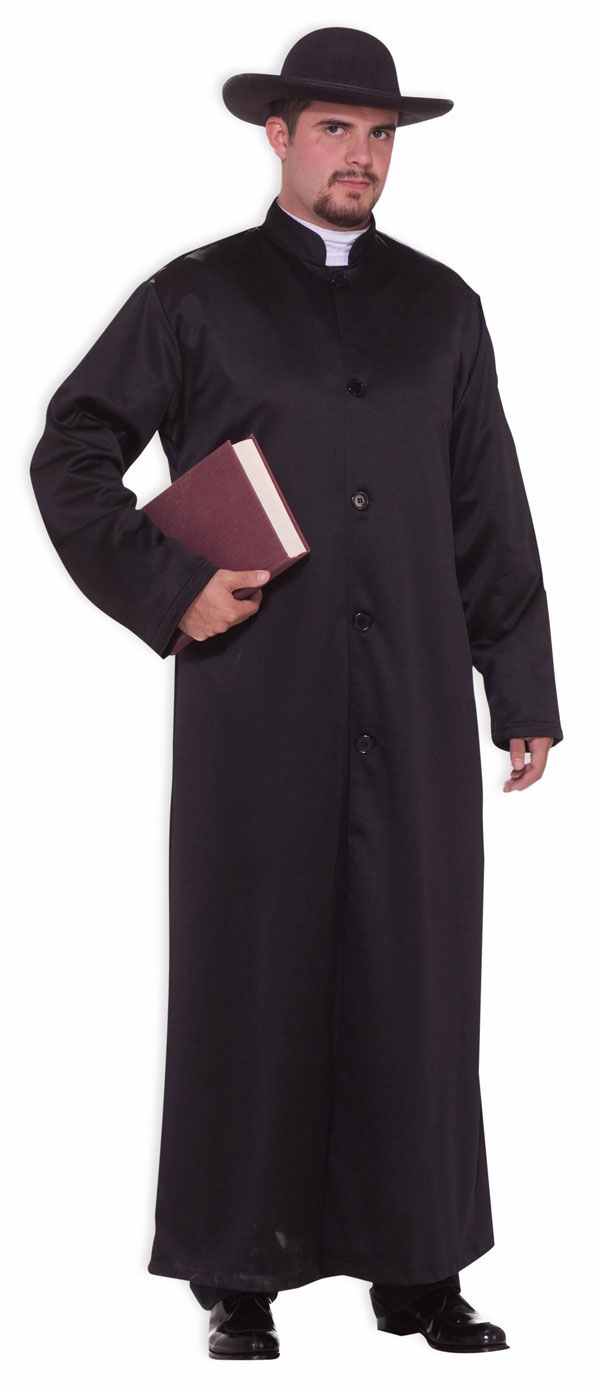

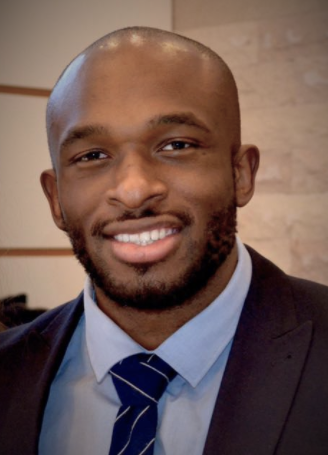
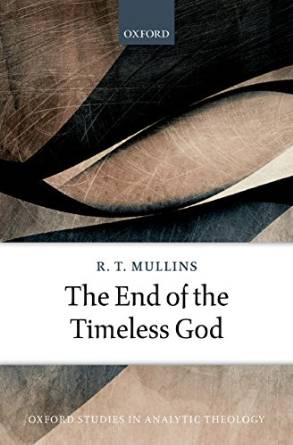
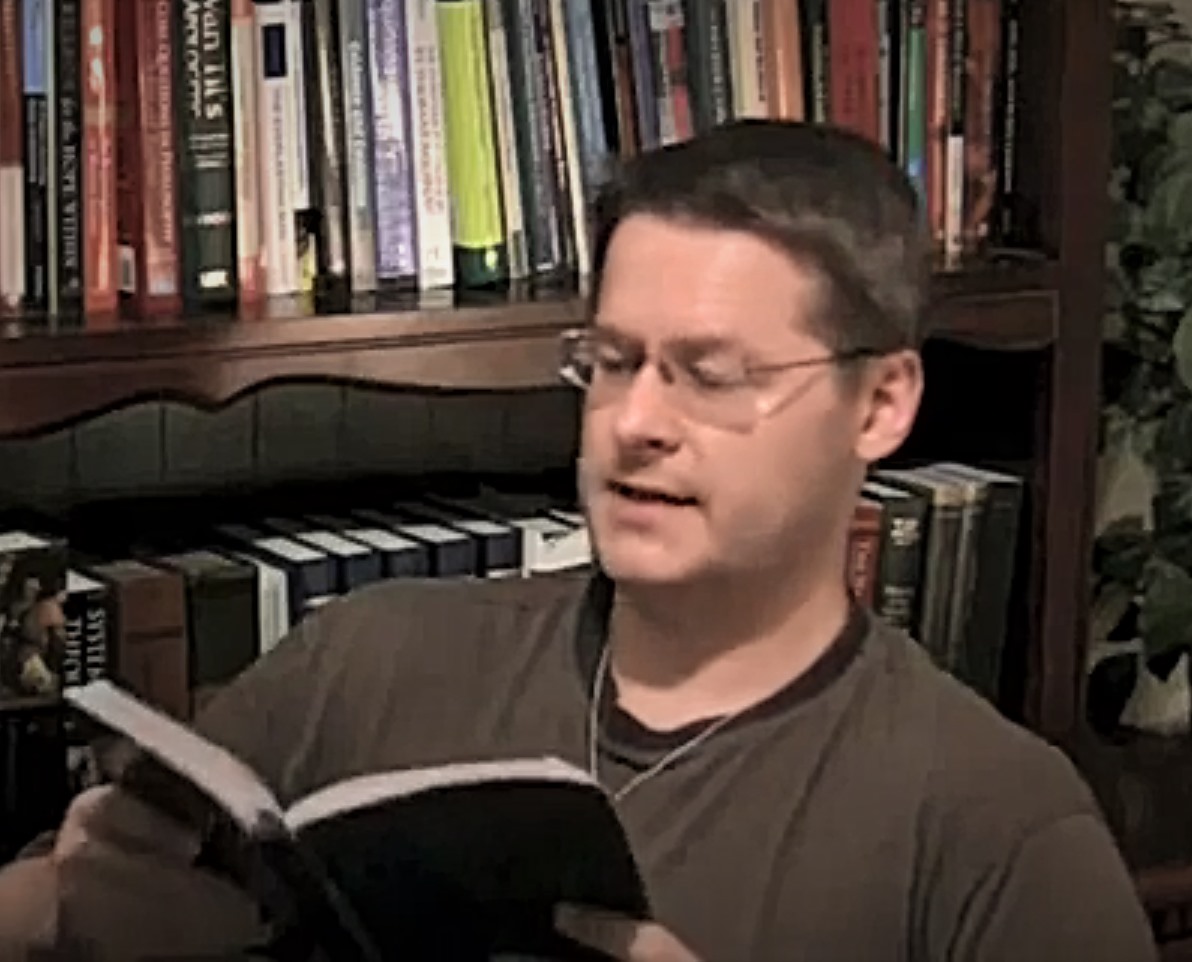

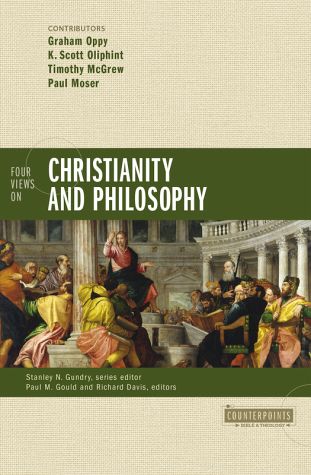
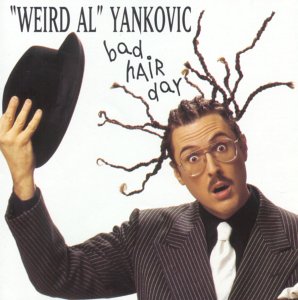
 I woke up this morning, and realized that there is a problem with how I’ve been defining the concept of a unitarian. In this post, I will attempt a definition of the concept of a trinitarian, after reviewing what is required of a good definition.
I woke up this morning, and realized that there is a problem with how I’ve been defining the concept of a unitarian. In this post, I will attempt a definition of the concept of a trinitarian, after reviewing what is required of a good definition. 